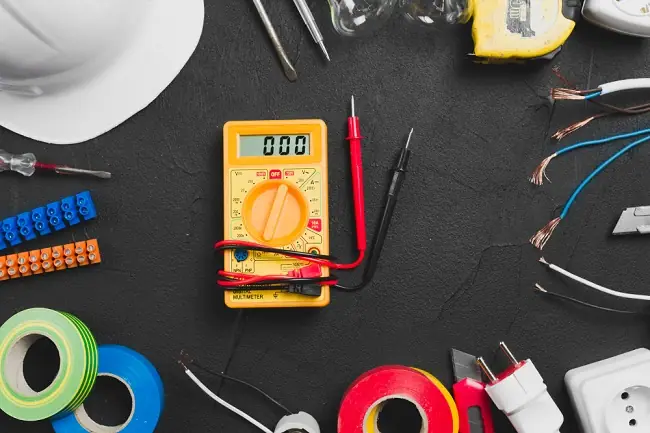Electrical testing is a mandatory aspect of any project involving electrical systems. Having the right tools is crucial for construction, maintenance, or troubleshooting. Assuring that electrical systems are safe and functioning protects the integrity of the project and guarantees everyone involved’s safety. The process involves various tools and equipment designed to perform specific tests and measurements.

If you are embarking on an electrical project, the need to hire reliable electrical testing equipment for your projects cannot be overstated. These tools are essential for accurate diagnostics and ensuring that all electrical components meet safety standards. This article will outline the most important electronic testing equipment for achieving safety and precision in your projects.
Multimeters: Versatile and Indispensable
A multimeter is one of the most versatile pieces of testing equipment. It combines several functions in one device, allowing users to measure voltage, current, and resistance. A multimeter is indispensable for checking values and diagnosing issues with AC or DC circuits. When choosing a multimeter, consider one with a clear display, a wide range of measurement capabilities, and robust safety features. This tool is essential for basic and advanced electrical testing tasks, making it a must-have for any project.
Insulation Testers: Ensuring Electrical Integrity
Insulation testers are crucial for assessing the quality of electrical insulation. Poor insulation can lead to faults, short circuits, and fire hazards. Insulation testers use a high voltage to the insulation and measure the resistance. High resistance indicates good insulation, while low resistance suggests potential problems. These testers are essential in high-voltage applications and for confirming the safety and reliability of electrical installations.
Earth Ground Testers: Grounding Safety
Accurate grounding is essential for the safety of any electronic system. Earth ground testers measure grounding systems’ resistance, ensuring they dissipate energy effectively. Good grounding protects both equipment and personnel from electrical faults and surges. Earth ground testers are handy in areas with fluctuating ground conditions or where grounding integrity is critical. Regular testing with these devices ensures compliance with safety standards and prevents hazards.
Clamp Meters: Non-Invasive Current Measurement
Clamp meters offer a non-invasive way to measure the current. These devices clamp around a conductor to measure the current flowing without disconnecting the circuit. This feature makes them highly convenient for quick and safe measurements. Clamp meters are handy for measuring high currents and monitoring electrical systems under load. When selecting a clamp meter, look for features such as accurate RMS measurement and a wide current range to ensure accurate and reliable readings.
Voltage Testers: Quick and Safe Voltage Detection
Voltage testers are simple yet essential tools for witnessing the presence of voltage in electrical circuits. These devices ensure circuits are de-energised before maintenance or repair work. They come in various forms, including non-contact and plug-in voltage testers. Non-contact testers are particularly convenient as they allow voltage detection without direct contact with the conductor. Voltage testers are an essential safety tool every electrician should have, providing a quick and reliable way to check for live circuits.
You must hire reliable electrical testing equipment for your projects to ensure the safety and precision in any project. The right tools, such as multimeters, insulation testers, earth ground testers, clamp meters, and voltage testers, are crucial for accurate diagnostics and compliance with safety standards. By understanding the importance of these tools and incorporating them into your workflow, you can achieve higher safety and precision.







